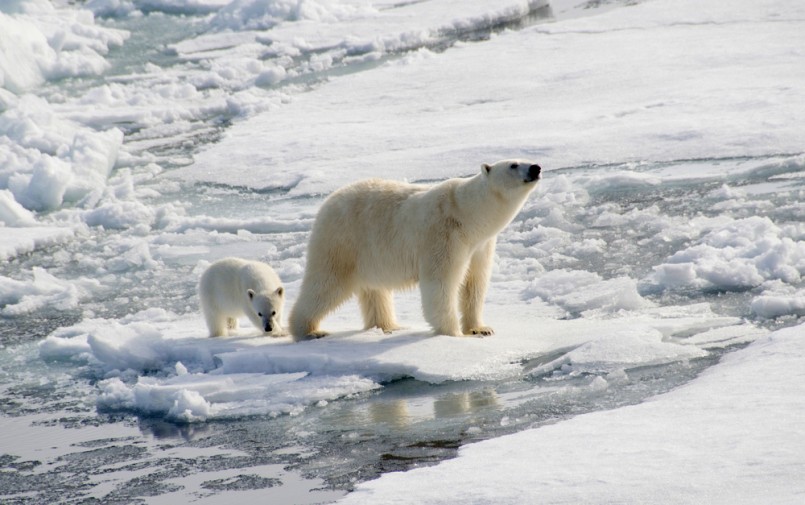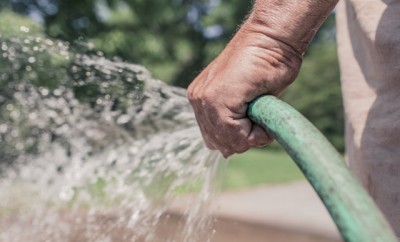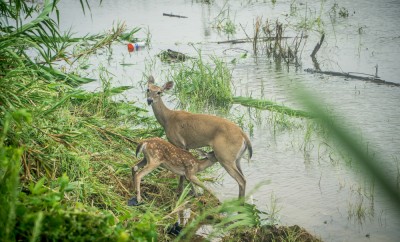Environment
How animals are adapting to the changing climate

Image: Shutterstock/Christopher Wood
The changing climate isn’t just affecting our annual temperatures and the amount of rain. Animals all over the world are being forced to change their behaviors and adapt to the drastically changing climate. Imagine if your whole environment where you live were changing and becoming inhabitable, it’d be crazy right? Being aware of the global effects of climate change outside of our little bubble is a key component in the effort to stop it.
Effects around the world
In different parts of the world, the changing environment affects people and places differently. In Africa, agricultural production in many regions is expected to decline up to 50% by the year 2020. The lack of rain in these areas is causing lower crop yields, which in turn causes a food shortage. There could also be a water shortage on small islands in the Caribbean and Pacific Ocean. During times of low rain, it is expected that the water supply will not be sufficient. More environmentally, risks of severe storms in North America and extreme heat waves in Europe. The combination of environmental destruction and increasing pollution is thought to stress the atmosphere, creating out of the norm weather conditions. All of these effects don’t just affect humans.
Animals
How is all of this affecting animals? For some species, it’s actually making life really hard for them. Polar bears are the poster child for global warming, but they are one of the biggest species affected by their changing climate. The Arctic sea ice where they hunt is disappearing more and more during the summer. This forces them to go onto land and hunt there, and lots of times they resort to consuming goose eggs. There is currently no evidence that this is good or bad for the polar bears, but it’s definitely not natural.
Adélie penguins are also suffering quite a bit. They feed on small crustaceans called krill that live underneath ice sheets in the ocean. With the continuous melting of these ice sheets, the krill population is going down quickly, forcing the penguins to search elsewhere for food. Exerting more energy and spending more time on finding food makes it harder for them to reproduce, which hurts the species as a whole.
The bee population is falling at an alarming rate due to many different causes, but climate change is a big one. Bees and flowers have evolved together over time because they mutually benefit each other – bees pollinate the area for the flowers, and the flowers provide nectar as a food source for the bees. However, with climate change comes a shorter period of time in which flowers are growing and providing food for bees. This affects their population size and ability to obtain food for their entire colony.
What does this mean?
If certain species populations become depleted or even extinct because of the changing climate, it could affect humans on a massive level. Scientists aren’t exactly sure what will happen if polar bears become extinct, but they predict that it could be our reality by the year 2100. The death of polar bears could potentially set off a chain reaction throughout the food chain, which would wreak havoc on the entire world. Species after species would begin going extinct.
We do know what would happen if bees become extinct, which they are very close to. Without pollinating bees, countless different fruits and vegetables will not be able to survive. Our food sources will go down dramatically, and vast starvation will be a real thing.
We have to take action on our changing climate. Reducing greenhouse gas emissions from the transportation and agriculture industry is essential to saving not only animals, but our earth. Click here to learn more about climate change solutions and what you can do to help.





0 comments